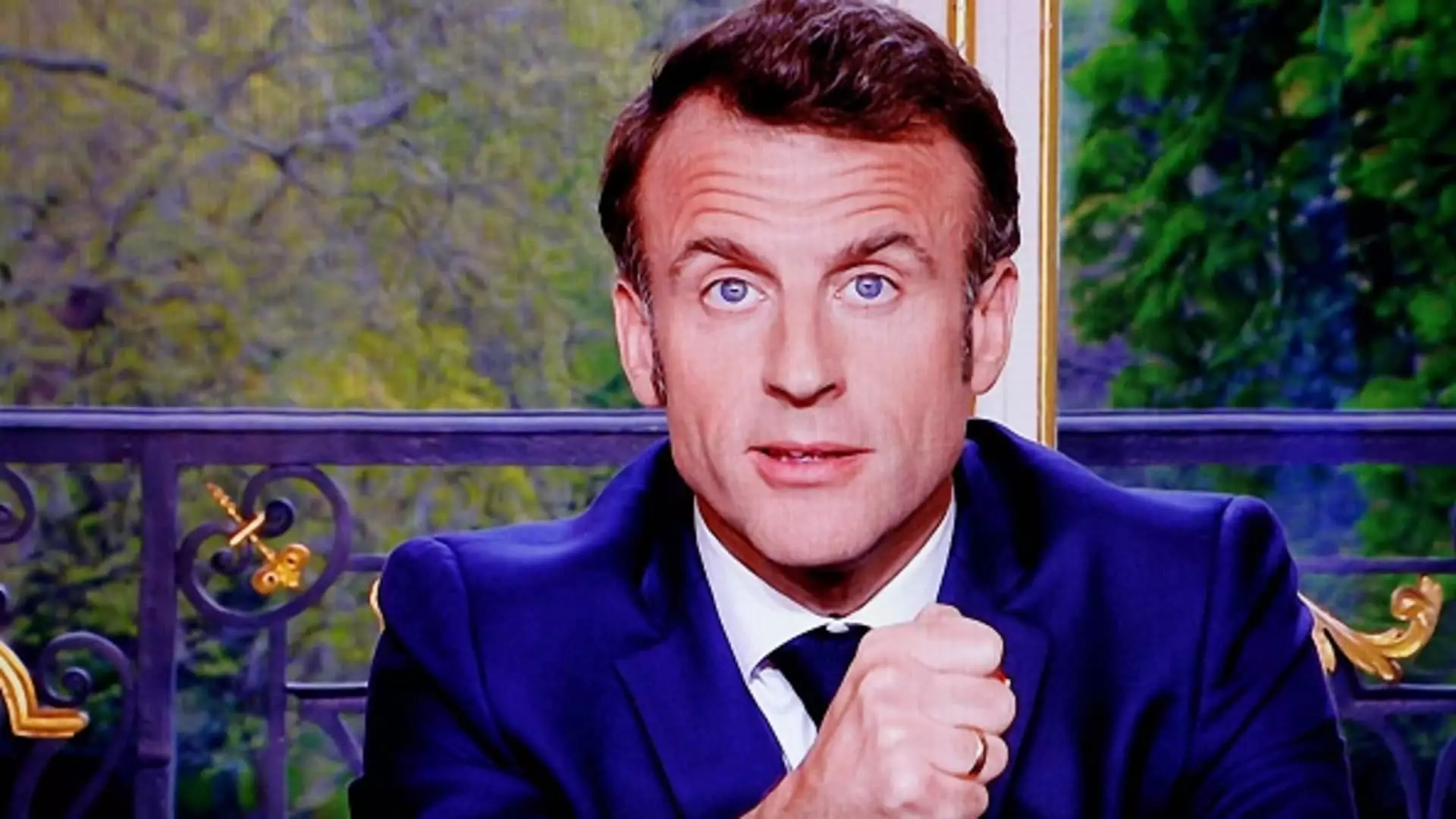French President Emmanuel Macron has sparked controversy by suggesting the possibility of sending troops into Ukraine in a joint interview with TF1 and France 2 TV. This statement comes just a day before a crucial summit with Germany, a key NATO ally that strongly opposes the idea. Macron’s bold declaration has raised eyebrows and drawn criticism from various quarters, including Russia and some of his fellow NATO members.
The Red Lines
Macron defended his stance by emphasizing the need to establish clear “red lines” in the ongoing conflict in Ukraine. He argued that the international community has been too restrained in its response and that it is crucial to show strength in the face of aggression. The French president’s warning about the consequences of weakness resonates with his broader foreign policy agenda, highlighting the importance of robust security measures for Europe and the French people.
International Reactions
The Kremlin swiftly responded to Macron’s comments, suggesting that France is already involved in the conflict in Ukraine and may be willing to escalate its involvement further. This has the potential to strain Macron’s relations with NATO allies, who have distanced themselves from the idea of deploying troops in Ukrainian territory. The alliance members are under pressure to meet their defense spending targets, further complicating the situation.
NATO Secretary-General Jens Stoltenberg stressed the importance of political will in providing support to Ukraine without resorting to military intervention. While NATO member contributions have bolstered Ukraine’s military capabilities, there is reluctance to engage in direct conflict with Russia. The alliance’s focus on supplying ammunition and equipment reflects a cautious approach to the escalating tensions in the region.
Macron’s upcoming meeting with German Chancellor Olaf Scholz in Berlin is seen as an opportunity to address the contentious issue of troop deployment in Ukraine. The involvement of Polish Prime Minister Donald Tusk in the discussions underscores the regional dynamics at play. Germany’s reluctance to deliver certain military assets to Ukraine has drawn criticism, adding to the complexity of the diplomatic efforts to resolve the situation.
The divergent viewpoints within NATO, exemplified by Macron and other leaders like Scholz and Tusk, pose a challenge to the alliance’s unity on the Ukraine issue. While there is a consensus on supporting Ukraine’s self-defense, the question of military intervention remains divisive. Tusk’s call for tangible support, rather than mere rhetoric, highlights the pressing need for concrete actions to aid Ukraine in its struggle against Russian aggression.
Macron’s advocacy for potential troop deployment in Ukraine has stirred debate and raised questions about the appropriate response to the conflict. As diplomatic efforts continue and tensions simmer, finding a consensus within NATO and among key European leaders remains a formidable task. The situation in Ukraine underscores the complex interplay of security concerns, diplomatic relations, and regional dynamics, requiring careful navigation to avoid further escalation.


Leave a Reply